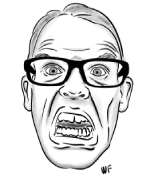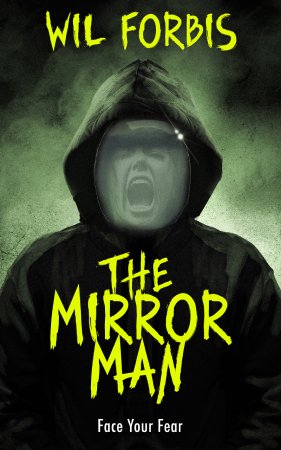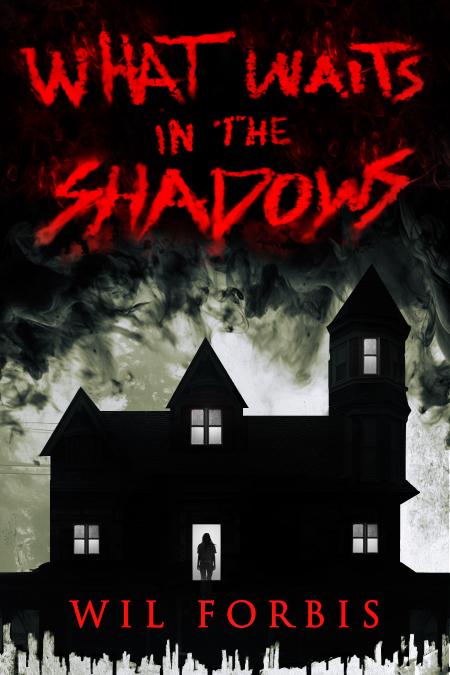I ask this question because plagiarism is in the news lately. Harvard’s President recently lost her job after being accused of plagiarism in her academic work.
I’ve been thinking more about plagiarism as it relates to AI tools like ChatGPT that have been trained on existing human writing. Several authors like Sarah Silverman have sued AI companies for plagiarizing their works? Do they have a case? Is AI plagiarizing?
To answer, we have to define plagiarism. We all have a general definition drilled into us in middle school. Plagiarism is taking text or ideas and using them without attribution. (This website splits plagiarism into five sub-types which are understandable from their titles alone: Copying and Pasting, Word Switch Plagiarism, Style Plagiarism, Metaphor Plagiarism, and Idea Plagiarism.)
We should also note that the rules of plagiarism vary between the world of fiction and non-fiction, particularly academic non-fiction, which enforces pretty stringent standards. If you steal a person’s “ideas” in the academy, there will be hell to pay. In fiction, re-using ideas, like the hero’s journey, is done by everyone. (Though it gets thorny fast. Re-using a larger structure like the hero’s journey is fine, but coming up with a story that closely mimics “Star Wars” would doubtless get you into trouble.)
Let’s just focus on the idea of stealing text (not plot ideas), which AI is often accused of. Is repeating text always plagiarism?
Well, no, obviously. If Stephen King accused me of plagiarism because I used the sentence “Bob walked into the house” and he’d used the sentence “Jim walked into the house,” he’d be laughed out of the room.
But what if his sentence was:
With a confident grip, he turned the doorknob and entered the dimly lit room, feeling the soft carpet beneath his feet and the comforting scent of aged wood in the air.
And my sentence was:
With a sure grasp, he twisted the doorknob and stepped into the dimly illuminated chamber, sensing the plush carpet beneath his feet and the comforting aroma of aged timber in the atmosphere.
(Ironic admission: I used Chat GPT to create these sentences, which explains the purple prose. King would never write such flowery drivel.)
In this example, we all might say King has a case. The words aren’t exactly the same, but it’s hard to believe the second sentence wasn’t drawn from the first.
But even here, I’m not sure it’s crystal clear I’d stolen from King. Could I not say I was inspired by his sentence? That it was some kind of homage?
Here’s a funny aside. A while back I was reading an article on Sylvia Plath’s “The Bell Jar” that mentioned a line from the book with the phrase “stale, sour air.”
I liked the vibe of the phrase and decided to use it in a WIP, resulting in:
When she took a breath to calm herself, the stale, sour air tasted like it hadn’t circulated in years.
In my mind, this line is an homage that Plath fans might get a kick out of. (I still haven’t read “The Bell Jar” and really should.)
However, I then was rereading an older short story of mine, written before I read that Plath article and came across this:
The crewmembers lay about the quarters, fatigued after days of stale, sour air.
What to make of that? Maybe the phrase “stale, sour air” was introduced into language by Plath (or someone before her) and has been used enough that it settled into my subconscious years ago, waiting for an employment opportunity. Basically, I “plagiarized” the phrase unconsciously before I did so consciously. Is one act morally superior to the other?
*I’m reminded of the lawsuit that alleged George Harrison had stolen melody to his song “My Sweet Lord” from the Chiffons number “He’s So Fine”. The wikipedia article on the case notes: “After reconvening in September 1976, the court found that Harrison had subconsciously copied “He’s So Fine”, since he admitted to having been aware of the Chiffons’ recording.”
(Further complicating all this: I spent some time on the web trying to nail down the exact sentence Plath wrote and can’t find any mention of it. The closest I can get is this famous line: “I would be sitting under the same glass bell jar, stewing in my own sour air.” Did I imagine the stale part?)
Also consider this. If you plagiarize something so well known that it’s obvious, no one can really get mad at you. If an MC kicked off a surfing competition by announcing “Four score and seven years ago our fathers saw an awesome wave and said KOWABUNGA!!!” nobody would accuse them of any theft.
But back to King’s (hypothetical) accusation against me. Where is the line between “Bob walked into the house” and “With a confident grip, he turned the doorknob, etc.” Beats me, though we’re all pretty good at recognizing it. We can tell when a phrase was stolen and when it’s so common that nobody can be said to own it.
But it would be nice to have a hard and fast rule, not simply intuition.
This article tackles the subject thusly:
So how do we know when we have crossed from the sunny freshness of originality and into the shadowy dankness of plagiarism?
Simple. Like any ethical or legal violation, the answer depends on the facts and an educated judgment call.
I’m honestly unclear if the use of the term “simple” there is used for comedic effect, since there’s nothing simple about “educated judgement calls.”
And that’s where I find myself leaving this. Humans seem to have a decent nose for plagiarism, but capturing the requirements for it is an impossible task. I guess we’ll have to get by with “educated judgement calls.”
As for whether AI is plagiarizing… well, I’m saving that one for another day. Tell me what you think.


